The Cat Flea Control Trick Most Vets Rarely Talk About
Cat flea control is a challenge every cat owner must face. Fleas can cause intense itching, skin irritation, and even transmit tapeworms. Without proper strategies, many pet owners fall into a “treat-and-relapse” cycle. In this guide, we’ll share the best flea control for cats, backed by 2025 research, to help you manage fleas in indoor cats, multi-cat households, and special situations—safely, effectively, and sustainably.
Core Principles of Cat Flea Control
1. Prevention Is Better Than Cure
According to the latest Pet Parasite Control Guidelines, cats should receive monthly topical treatments such as selamectin or fipronil. These disrupt the flea life cycle before infestations begin. For kittens under 8 weeks or pregnant cats, opt for gentler formulas like milbemycin and always consult your vet for dosage adjustments.
2. Environmental Management: The Hidden Battlefield
Flea eggs can survive for months, so medication alone is not enough. Consider these steps:
Wash bedding, toys, and fabrics in hot water (≥140°F) for at least 30 minutes.
Vacuum carpets, sofas, and crevices weekly, and dispose of the vacuum bag immediately.
Use pet-safe flea sprays in dark, hidden areas to prevent reinfestation.
3. Choosing the Safest Flea Control for Cats
Avoid cheap products containing organophosphates, as they may poison your cat. Instead, select FDA-approved brands like:
Selamectin-based treatments (e.g., Revolution): safe for pregnant cats.
Fipronil-based treatments (e.g., Frontline): kills adult fleas quickly during acute outbreaks.

Flea Control for Indoor Cats: Targeted Protection
1. Preventing Entry
Even indoor cats can get fleas from humans carrying them in on shoes or clothes. Install window screens, change clothes after coming home, and wash outdoor garments separately.
2. Step-by-Step Indoor Cat Flea Control Plan
Medication: Apply selamectin once a month to the skin at the back of the neck.
Monitoring: Use a flea comb for cats weekly to check the neck and tail areas.
Deep Cleaning: Every 3 months, wash all fabrics, spray flea control solutions, and use a steam mop for floor gaps.

Multi-Cat Households and Special Cases
1. Multi-Cat Homes
Fleas spread fast between cats. All cats should receive flea medication on the same day. Isolate infected cats until they are clear of fleas—usually after 2–3 treatments. Provide separate litter boxes and feeding bowls during isolation.
2. Pregnant or Sick Cats
Pregnant or ill cats are more sensitive to chemicals. Avoid fipronil-based treatments and opt for physical removal using a flea comb combined with environmental cleaning. Support immunity with supplements like fish oil and vitamin B.

Everything Our Vets Recommend
FAQ
Q1: How long does it take to eliminate fleas on my cat?
A: Topical treatments kill adult fleas in 3–5 days, but eggs in the environment may take 2–4 weeks to hatch and be destroyed. Continue using a flea comb and keep cleaning your home.
Q2: How can indoor cats get fleas?
A: Humans can unknowingly bring fleas or eggs indoors via shoes, clothing, or bags. Change clothes after going out and clean your entryway regularly.
Q3: Should I rotate flea control products?
A: Yes. Long-term use of one active ingredient can lead to resistance. Switch every 6 months between different mechanisms like selamectin and milbemycin, or ask your vet for advice.
Final Thoughts
Successful cat flea control requires combining medication, cleaning, and prevention. Choose safe, effective products like Revolution, check your cat weekly, and keep your home clean. For more tips, see our guide on best flea shampoo for cats. Start your flea control plan today—consistent action is the key to long-term success.
You May Like:
- Best Flea and Ear Mite Treatment for Cats (2025 Review)
- Safest Flea Prevention for Cats: A Complete 2025 Owner’s Guide
- Fleas on Newborn Kittens: Complete Treatment and Prevention
- Flea Comb for Cats: How to Effectively Remove Fleas at Home
User Comments
Does flea treatment kill ear mites too?
Can dogs take human probiotics?
Can dogs have people probiotics safely?
Related Articles
View all
How Often Flea Treatment Cat? Most Owners Get This Wrong

How to Apply Flea Medicine on Cats: Beginner’s Guide
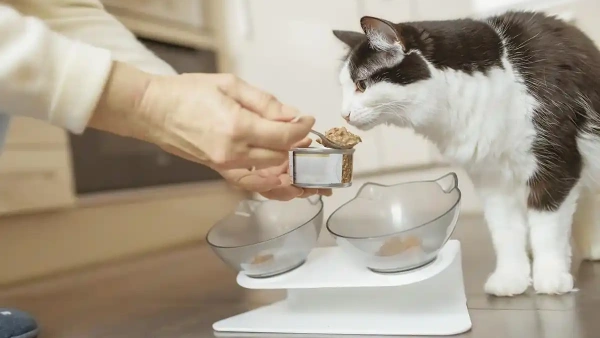
Best Cat Flea Spray for Cats in 2025: Vet Approved
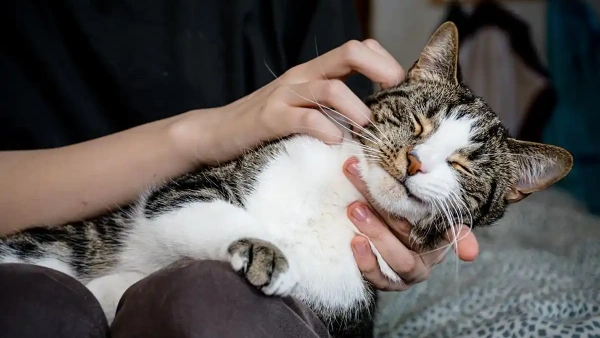
Where to Put Flea Treatment on Cat: Updated 2025 Guide

How Often Flea Treatment Cat? Most Owners Get This Wrong

How to Apply Flea Medicine on Cats: Beginner’s Guide

Best Cat Flea Spray for Cats in 2025: Vet Approved

Where to Put Flea Treatment on Cat: Updated 2025 Guide
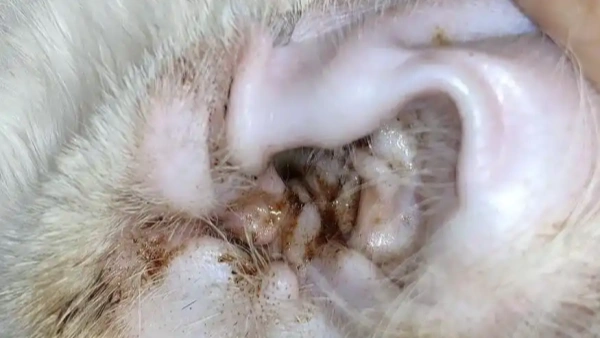
Best Flea and Ear Mite Treatment for Cats (2025 Review)

Safest Flea Prevention for Cats: A Complete 2025 Owner’s Guide

Flea Spray for Kittens: Best Options and Vet Advice 2025

Fleas on Newborn Kittens: Complete Treatment and Prevention
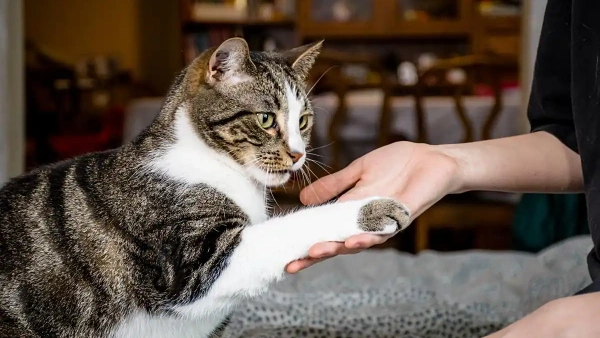

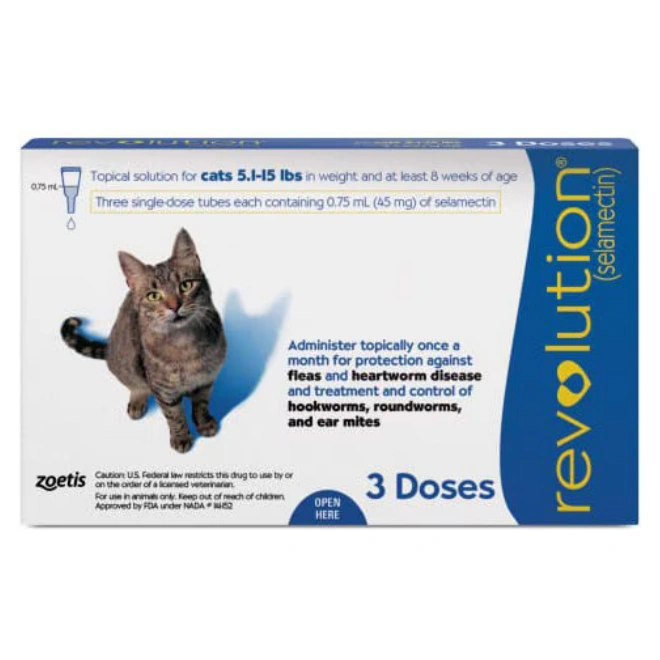
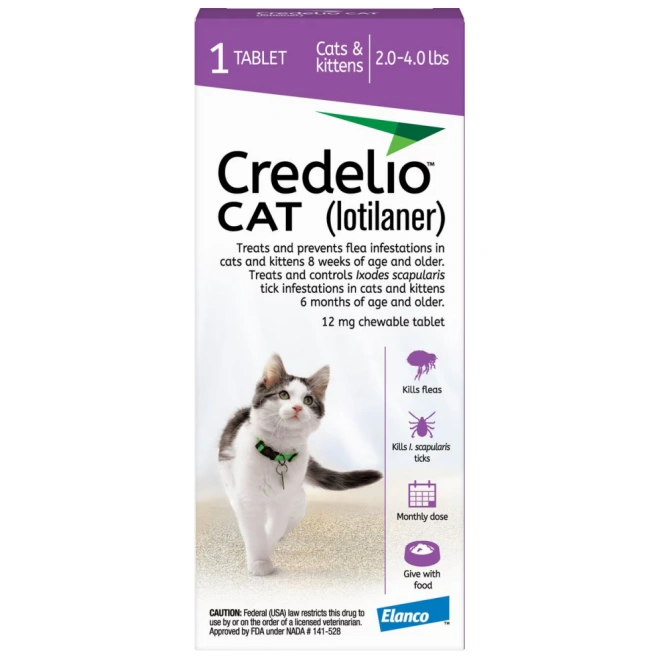
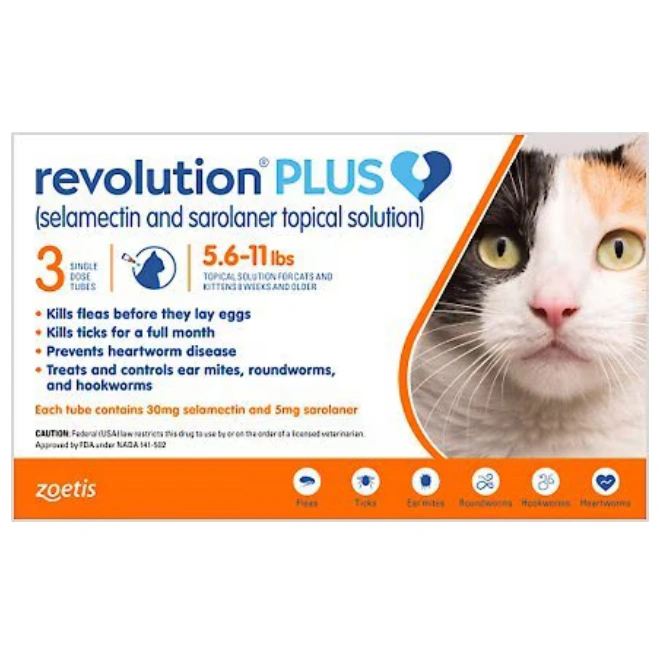
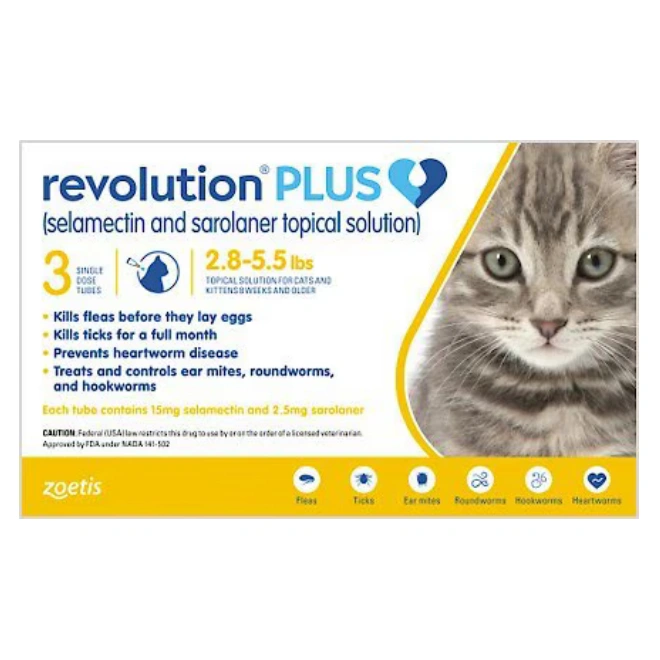








Leave a Reply